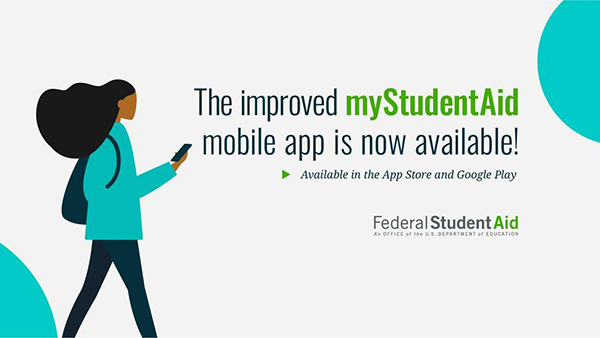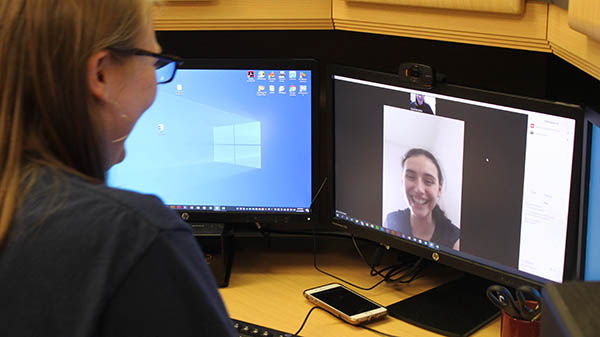What are your fondest memories from college? Some former students might answer this question with memories of football games and parties. Others might mention their scholastic achievements in the classroom and research that impacted their career choices.
Many would mention the lifelong friendships made in college from freshman year roommates to pledge brothers and sisters to fellow classmates. Though the percentage might be small there are some students who would say their most significant memories from college were not from sporting events, recreational activities or even their studies but from experiences revolving around their faith, whether coming to faith in Christ, growing in faith or being challenged in their faith.
‘Critical period’
There are more than 300,000 students enrolled in college campuses and universities across Alabama this year. That number provides a tremendous challenge and opportunity for churches and college ministries in the state. The college years are a critical period as students make choices about their identity and values in their paths to adulthood. One goal of church ministry and Baptist Campus Ministries (BCM) is to work together to reach, disciple and engage students. This looks different for every church and BCM.
For Marlon Brown, associate pastor of worship and college for Bush Memorial Baptist Church, Troy, reaching out to students looks a lot like pulling them in — specifically into his family’s home. In addition to having Sunday morning gatherings and corporate worship services, the Brown family hosts a Sunday night dinner and small group for college students called S.N.A.P. (Sunday Night at the Pastors’). The primary emphases of S.N.A.P. are fellowship, through an evening meal, and discipleship, through gender-based small groups led by Brown and his wife, Amy. “We find that a lot of walls really break down when they are in our homes,” Marlon Brown explained. “We open up, get to know each other … it’s a blessing to us all, not to just my students but to my family as well.”
Churches and BCMs serve as beacons of light to reach students for the gospel, but they also are training grounds to help equip students to serve the local church. Jeremy Montgomery, minister to students for Dauphin Way Baptist Church, Mobile, sees his local church’s ministry as “one that tries to keep students plugged into the ministries of the local church … [by providing] opportunities for them to exercise spiritual gifts they feel like the Lord has given them.”
This emphasis, according to Montgomery, is significant because it helps students move from focusing on what the Church can do for them to what they might do to help serve the Church. The ministry plugs students into serving in a variety of ministries at Dauphin Way Baptist, including working with AWANA, teaching children’s Sunday School classes and mentoring students through youth programs. These opportunities of service can have a tremendous impact — and the impact is not limited to those being served by the college students.
Jared Roggli, a recent graduate of Beeson Divinity School of Samford University in Birmingham, reflected on his experience serving as a college student and its impact on his call into ministry. He also attended Shelton State Community College in Tuscaloosa and the University of Alabama as an undergraduate student.
‘Calling to ministry’
“To a certain extent all of my time at Alabama and at Shelton State was preparation for seminary. … A lot of my experience [leading worship and teaching Bible study through BCM and the local church] affirmed to me the sense of calling to ministry that God had put on my heart early on.”
One way churches can connect with and impact students is through fostering a relationship with their local BCM. Mike Nuss, director of the office of collegiate and student ministries for the Alabama Baptist State Board of Missions, describes the BCM as an arm of the Church.
BCMs have a presence on campus and access to students who might not normally walk into a church. They can reach out to students and help connect them with local churches, he said. Some of these connections might look like a campus minister helping a student get personally plugged into a local church where the minister feels the student would flourish and grow. BCMs also can host more formal opportunities to help connect churches and students with activities such as “church fairs” that give local churches the opportunity to come to the campus and meet students.
At Troy University’s BCM, local churches like Bush Memorial Baptist serve weekly lunches to students in the BCM building. The goal is never for a student to be involved in BCM yet remain unconnected with the local church. Montgomery also encourages ministers to reach out and take the time to get to know local BCM ministers.
And according to Nuss, even small churches, which may not see themselves as “college churches,” have the opportunity to serve college students.
“In Alabama the close proximity of churches to the multitude of community colleges across our state make almost every church a college church. There are college students in even some of our smallest Alabama Baptist churches,” Nuss said. “Those students can be a unique opportunity for churches and can serve as a ministry resource for children’s and youth ministries in those same churches.”
‘Adopt’ a student
Roggli said one way to connect local churches and students is to have a family in the church “adopt” a visiting student. The family can host them for dinner and holidays and simply invest in them and help make their local college church as a “home away from home.”
Ministry to students among churches and BCMs may look different and take different forms depending on location, campus size and congregation. But every church can play a part in reaching and discipling Alabama college students.
“The Christian faith is so relational — we are reconciled with God and with others,” Roggli said. “If that is our faith, we need to live that out practically. There’s no better way to do that than to reach out to college students.”






Share with others: